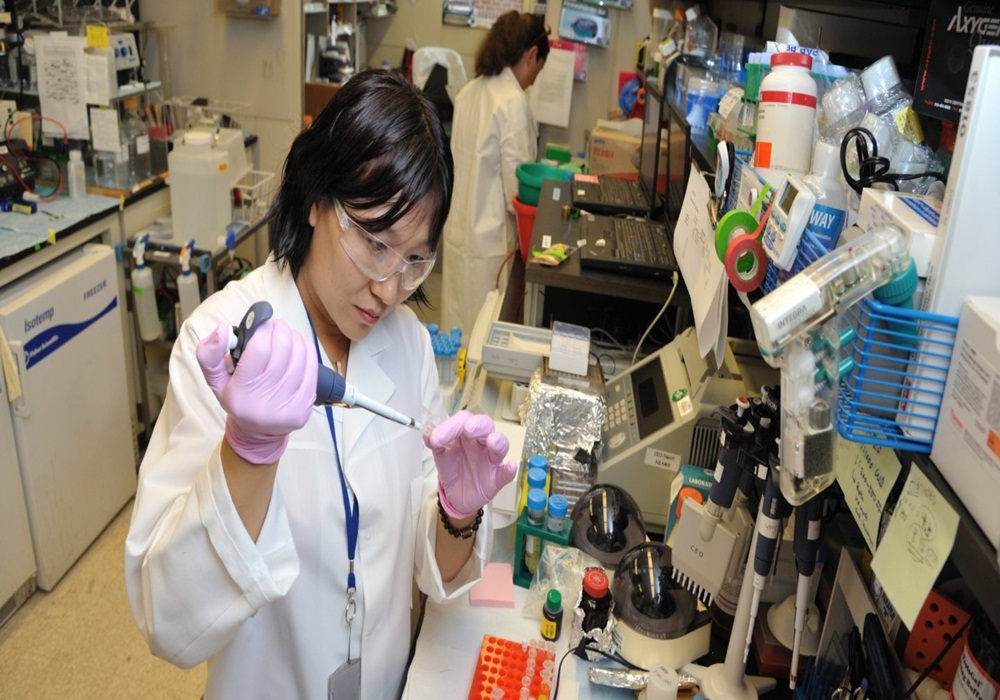Medicine and clinical medicine are a part and parcel of the same process of healing and developing new techniques to fight common ailments. Clinical medicine encompasses the wider concept of experimenting, diagnosing, evaluating, and finalizing the process while the medicine is the key component that provides opportunities to solve that problem.
The professionals associated with medical science are working round the clock to develop strains for a specializing workforce in both domains. Students consider opting for clinical medicine MD program for specializing in this subject area as the scope of this degree is advancing at a rapid rate considering the pandemic that we are surviving nowadays. Now, here is something to remember while differentiating between the two:
- Clinical medicine: In Clinical medicine, professionals are hired to monitor the symptoms of a patient going through a particular problem or a disease. They are continuously feeding their data systems with all the minute changes and vitals the patients keep on experiencing. The patient is asked to report go through a lot of tests and procedures so that the professionals can understand the root cause of the disease for developing ways of finding solutions to cure that problem. These professionals are in direct contact with patients and accompany them throughout the journey of going through these trials. Most of the clinical specialists work in hospitals, clinics, specialized wards, and laboratories.
- Some of the job roles associated with clinical medicine include the physicians, hospitalist, physician assistant, nurse practitioners, patient care technician, surgical assistant, nursing assistant, anaesthetist, medical laboratory technicians, clinical research specialist, speech-language pathologists, radiographers, respiratory therapists, dietitians, clinical liaison officers, diagnostic medical sonographers, and many others. Councillors and therapists are also a part of this industry.
- Medicine: It is a non-clinical profession as the experts are provided with all the information regarding the patient as well as the disease by the clinical researchers so that they can develop strains that could affect the micro-organism causing that disease. They work in completely different departments where patients are not allowed to enter. They also experiment with their medication on diverse organizations but other than a human being. It’s only when they are sure about a particular medicine or a medical process that they are allowed to use it on humans coordinating with clinical experts. Medicine plays a crucial role in finding solutions to medical issues. The professionals dealing with medicine are usually confined to laboratories as their job is to analyze, evaluate, and to develop the medicines.
- Some of the job profiles linked to medicine are biomedical engineer, medical transcriptionist, medical recruiter, pharmaceutical representative, medical device salesperson, and
So, if you are interested in any of these medical subject areas, then you must understand the significance, outcomes, job roles, specializations, and all other related information before making any final considerations. Medicine and clinical medicine are popular career options among students as mankind is always at the helm of medical science. Hence, you can always find a job with any of those specializations.

